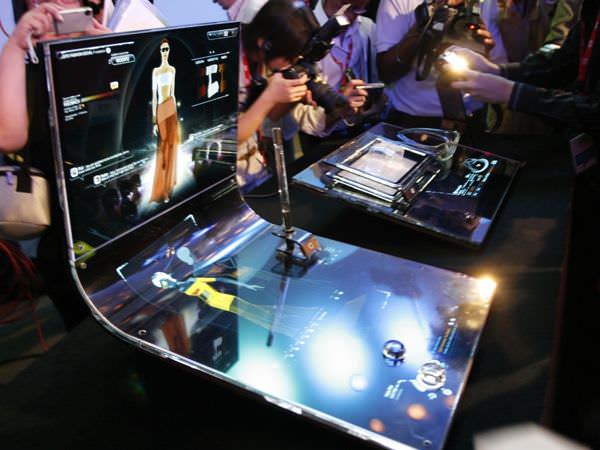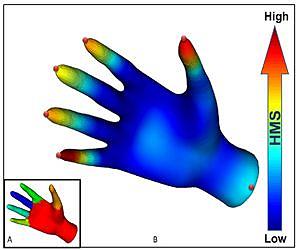New Computer Technology Biography
Research has shown that there is a great deal of apprehension associated with assessing the effectiveness of technology in the classroom and its development of information-age skills. This is because information-age skills, also commonly referred to as twenty-first century literacies, are relatively new to the field of education.[29] According to the New Media Consortium, these include “the set of abilities and skills where aural, visual, and digital literacy overlap”.[22] Jenkins modifies this definition by acknowledging them as building on the foundation of traditional literacy, research skills, technical skills and critical-analysis skills taught in the classroom.[22]
Current school assessments are based on standardized tests and the ability to complete these uniform tests, regardless of one’s preferred learning style. Many factors play into this observation including the strong impact of time. By using technology and learning through discovery, teachers may feel that they are not able to cover the material needed to meet the requirements of the curriculum.[23] Therefore, the traditional style of teaching, including the lecturing in front of the class, and a “one-size-fits-all” approach to testing is common in today’s classrooms. This is a barrier because it prevents the full integration of technology into the curriculum, the ability to learn through inquiry, and the collaborative problem-solving skills, which prove to be essential traits needed in the twenty-first century.Teacher training faces another drawback when it comes to one’s mindset on the integration of technology into the curriculum. The generational divide might also lead to a generational bias, whereby teachers do not feel the need to change the traditional education system because it has been successful in the past.[22] This does not necessarily mean it is the right way to teach for the current and future generations. Considering the fact that today’s students are constantly exposed to the impacts of the digital era, learning styles, and the methods of collecting information has evolved. To illustrate this concept Jenkins[22] states, “students often feel locked out of the worlds described in their textbooks through the depersonalized and abstract prose used to describe them,” whereas games can construct worlds for players to move through and have some stake in the events unfolding. Even though technology can provide a more personalized, yet collaborative, and creative, yet informative, approach to learning, it may be difficult to motivate the use of these contemporary approaches among teachers who have been in the field for a number of years.
New Computer Technology
New Computer Technology
New Computer Technology
New Computer Technology
New Computer Technology
New Computer Technology
New Computer Technology
New Computer Technology
New Computer Technology
New Computer Technology
New Computer Technology
New Computer Technology
New Computer Technology
New Computer Technology
New Computer Technology
New Computer Technology
New Computer Technology
New Computer Technology
New Computer Technology
New Computer Technology




















No comments:
Post a Comment